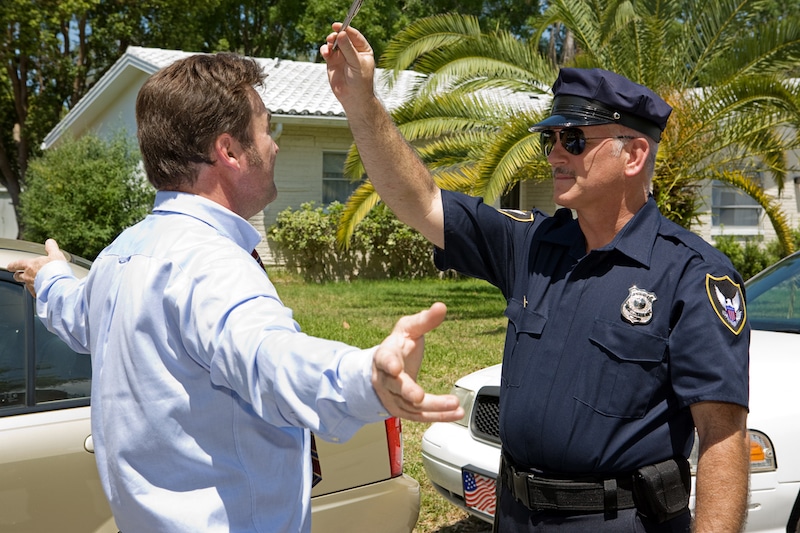What is a standardized field sobriety test?

A standardized field sobriety test (SFST) is a police tool to help the officer try to identify an intoxicated driver.
The three SFSTs are as follows:
- The horizontal gaze nystagmus (HGN) test
- The one-leg stand test
- The walk and turn test
These three tests were developed by researchers funded by the National Highway and Traffic Safety Administration (NHTSA).
According to those researchers, a failure of any of the tests means the person has an alcohol concentration of .08 or more.
Of importance is the fact that there is a great ongoing debate about the validity, accuracy, and reliability of both the researchers’ conclusions and their tests.
There is no implied consent requirement that a person submit to a law enforcement officer’s request to take these SFSTs or any other police motor skill coordination exercise.
Indeed, many knowledgeable people refer to the SFSTs as nothing more than “roadside gymnastics.”
TELL US ABOUT YOUR CASE
Form Submissions have a fast response time. Request your free consultation to discuss your case with one of our attorneys over the phone. The use of this form does not establish an attorney-client relationship.
The information on this website is for general information purposes only. Nothing on this site should be taken as legal advice for any individual case or situation. This information is not intended to create, and receipt or viewing does not constitute, an attorney-client relationship.



